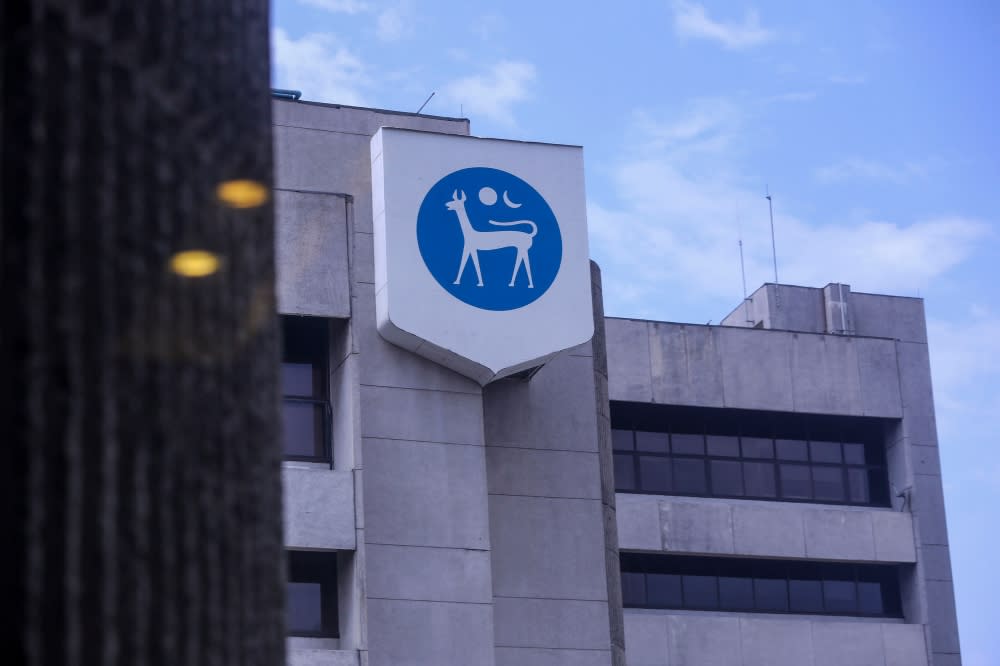Bank Negara official says ‘conditional pause’ on OPR hikes can happen when Malaysia’s inflation not ‘misbehaving’

KUALA LUMPUR, June 8 — The increases to Malaysia’s overnight policy rate (OPR) will likely pause so long as inflation in the country is maintained, Bloomberg reported today.
Bank Negara Malaysia (BNM) assistant governor Fraziali Ismail told the news agency in an interview today that the central bank has room to continue a “conditional pause” on hiking OPR as inflation is not “misbehaving”.
“Many central banks have taken the step, us included, to have an intermittent pause, to reevaluate what has been the effects of our measures on the economy.
“In a way, when we do a conditional pause, let me stress it is a conditional pause — it depends on incoming data as well,” he was quoted as saying.
Fraziali is a member of BNM's monetary policy committee which decides on whether to increase, decrease or maintain the OPR.
Changes in OPR affect interest rates charged by banks.
For example, an OPR rate hike results in banks charging higher interest on borrowers' loans and giving higher interest rates for fixed deposits and savings to its customers.
In July 2020 when the Covid-19 pandemic was just starting, BNM reduced the OPR to a record-low 1.75 per cent to support the economy by boosting spending and making borrowing cheaper.
The OPR was maintained until May last year.
Since last May, BNM has increased the OPR five times; each time by 25 basis points.
The hikes happened in May, July, September, November last year and in May this year.
There were pauses in January and March this year, where BNM made no changes to the OPR rate.
BNM's May 3 hike brought OPR rates back to pre-Covid-19 levels of 3.00 per cent.
Last week, BNM governor Tan Sri Nor Shamsiah Mohd Yunus said the OPR hike in May was a carefully considered move to pre-emptively control inflation in Malaysia before it becomes too late to act, as failure to act now could instead lead to BNM being forced to increase the OPR higher and faster just to lower inflation levels.
BNM is forecasting inflation in Malaysia to average at between 2.8 per cent and 3.8 per cent this year.
In the same article today, Bloomberg reported that Malaysia's inflation rate in April has grown at its slowest pace in the last 11 months.
It added that slower inflation would give BNM room to ease its monetary policy — or its policy on OPR — if economic growth slows.
Bloomberg reported policymakers warning that inflation in Malaysia may pick up, and said this could be affected by factors such as prices of commodities and adjustment in government subsidies.
Bloomberg said traders are predicting that BNM would not change its OPR over the next 12 months, but said upcoming reduction in subsidies may renew price pressures which would affect inflation.
Fraziali told the news agency that inflation would be affected by subsidy timing, and also reported Moody's Investors Service as cautioning that a heat wave could result in faster inflation in food prices and another round of interest rate increase.



